Zurich's economic area combines strengths in Medtech, robotics, and IT sectors, resulting in innovative developments in Healthtech and Digital Health. Unique is the combination of strong academic partners, progressive service providers, innovative startups, and tech suppliers. Our health expertise spans the entire Greater Zurich Area: In Solothurn, Zug, and Ticino, Life Sciences and Medtech are emerging as prominent industries with a significant presence of international companies, specialized small and medium enterprises, start-ups, and initiatives. Here are 10 healthcare startups based in Greater Zurich that you should keep an eye on:
aiEndoscopic
Zurich, founded in 2021 - Robotic Endoscopy
aiEndoscopic combines artificial intelligence (AI) with robotic endoscopy. Its first development, larynGuide, is an integrable, assistive software that supports the user in emergency airway management. It is an intermediate step towards the intuBot, an all-in-one solution that robotically executes the software advice. It aims to make the life-saving process of endotracheal intubation, used in emergency medicine, much easier and can thus save lives. It is based on a collaborative project with ETH Zurich, the University Hospital Zurich, and the University of Zurich. aiEndoscopic has won multiple awards and is supported by Innosuisse.
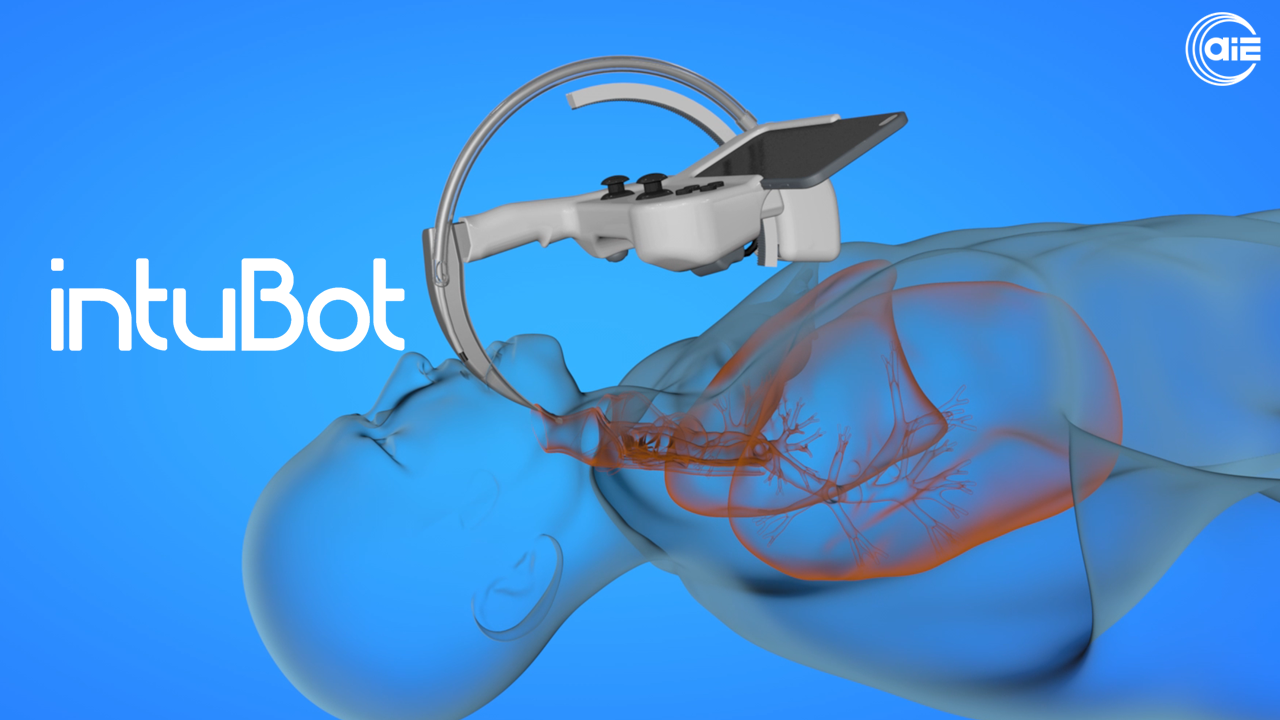
intuBot in simulation. Image credit: aiEndoscopic
Founding Team: Dave Gage, Philippe Ganz (CEO)
b-rayZ
Schlieren, founded in 2019 - Digital AI mammography solution
With b-box, this spin-off from the University Hospital Zurich has created a digital platform that simplifies breast cancer examinations across all stages of diagnosis and therapy. The solution uses AI algorithms to make real-time feedback on breast density and image quality available during mammography. It is a new generation of products from b-rayZ that supports radiology professionals with diagnosis by detecting and classifying tumor lesions. The b-box also provides a platform for automating and monitoring mammography and several breast cancer centers in Europe are already using it. The company received funding of 4 million Swiss francs in 2022 that will support, among others, expansion to the US and the development of new products for gynecology and radiology.
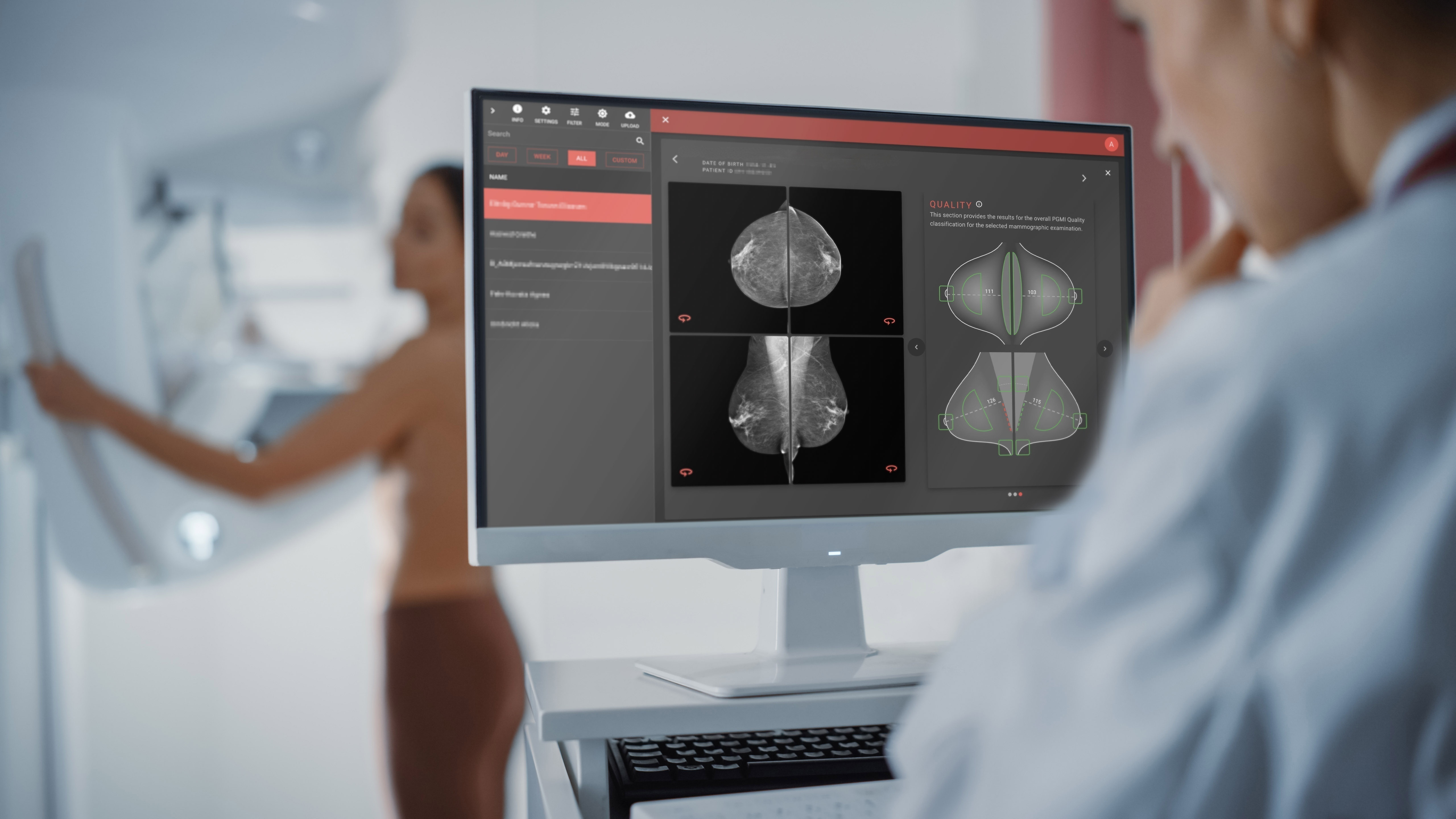
b-box in the clinic. Image credit: b-rayZ
Founding team: Andreas Boss, Alexander Ciritsis (CTO), Cristina Rossi (CEO)
F&P Robotics
Glattbrugg, founded in 2014 - Mobile robotics
Founded in 2014, F&P Robotics AG was initiated at the University of Zurich’s AI Lab. It develops smart assistance robots for the healthcare sector. By combining artificial intelligence, robotics technology, autonomous navigation, and interaction capabilities, F&P's robots can independently carry out repetitive workflows such as transport or announcements in healthcare facilities, allowing professionals more time to devote to their patients. Lio, the robot, is designed as a platform that can have a variety of additional functions in the future. F&P collaborates with leading research institutes such as the ETH and works closely with healthcare companies.
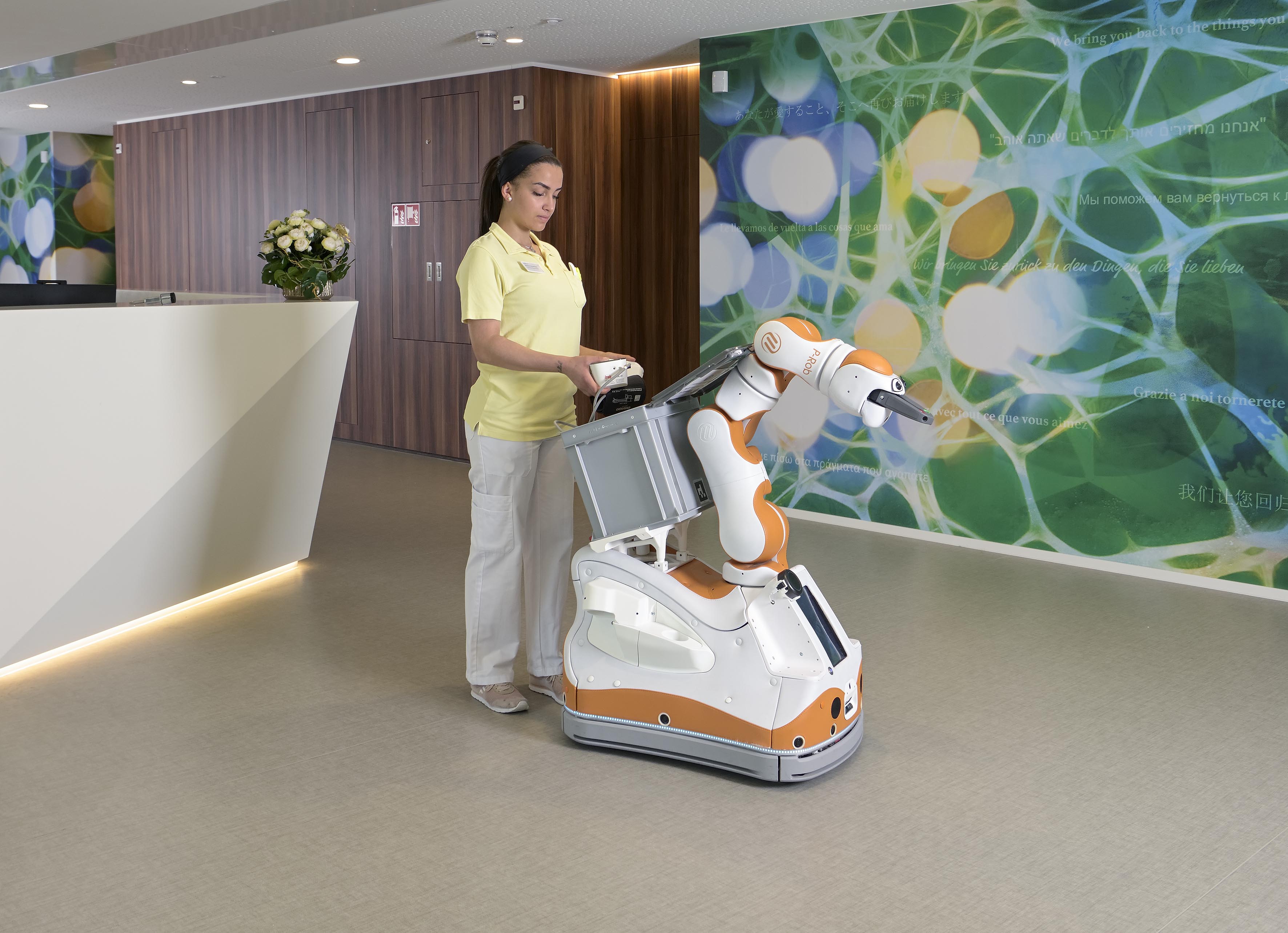
Lio the robot at work. Image credit: F&P Robotics
Founder: Hansruedi Früh
Leg&airy
Baar, founded in 2020 - Smart and personalized orthopedic devices
With its Leg&airy SFP process, this startup develops and produces orthopedic and prosthetic devices. The hallmark is a very precise personalized fit, which allows the extremely lightweight products to become a part of the body in a short time. The focus is on children and adults with neuro-orthopedic disorders such as cerebral palsy, Parkinson's disease, multiple sclerosis, and rare diseases with similar symptoms. The company plans to improve the fit of its products even further in the future with the help of artificial intelligence, among others. The startup won the jury and audience award at the Digital Health Lab Day 2023. It is currently looking for additional strategic investors to expand its business.
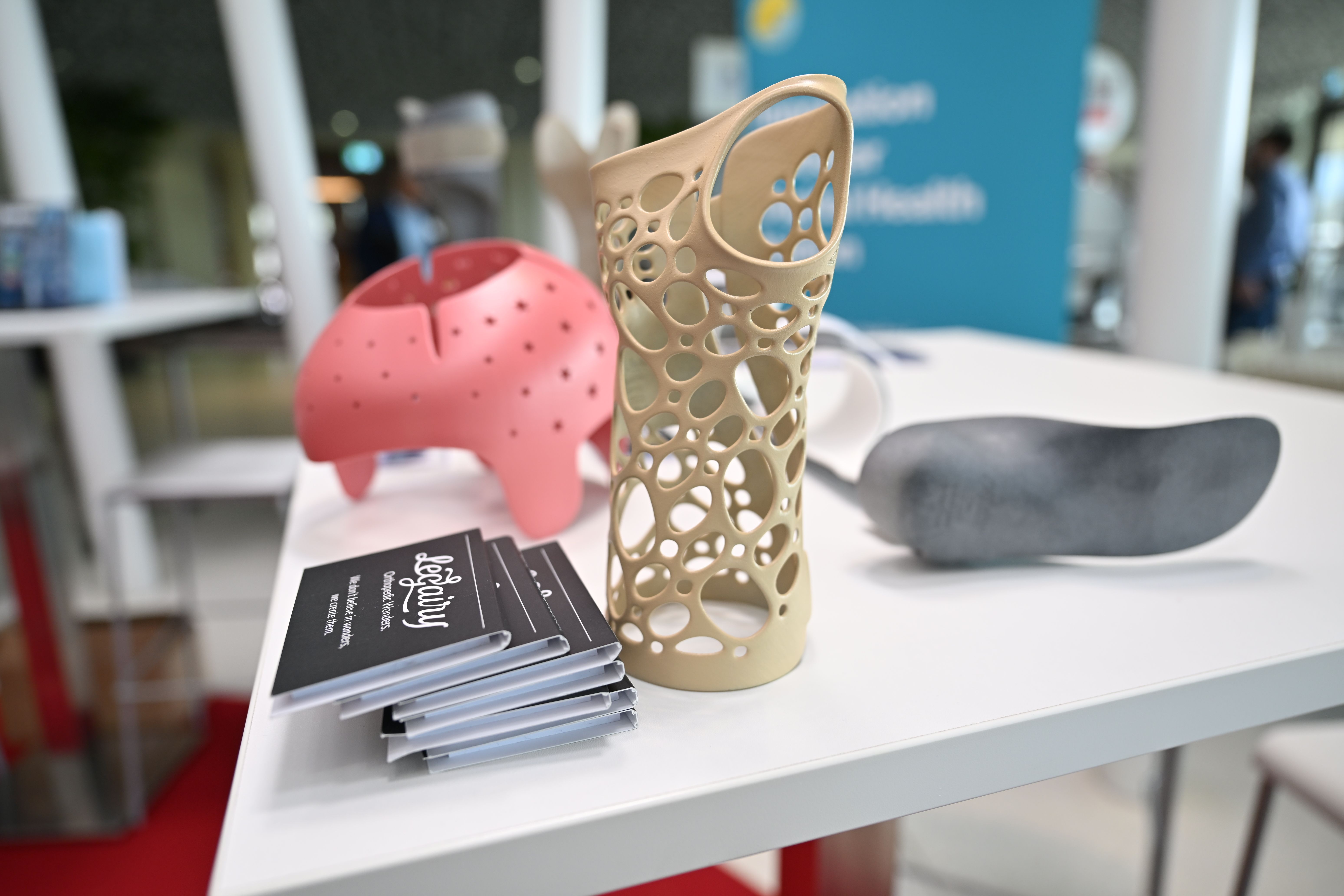
Orthopedic devices from Leg&airy. Image credit: Leg&airy
Founding team: Timo Geiser (CPO), Faizan S. Mohammad (CEO)
Leitwert
Zurich, founded in 2014 – Software for wearable sensors and data integration
Leitwert develops software for wearable sensors and the integration of these sensors as data sources in digital health applications. With the Leitwert Device Hub, hospitals and research organizations can consistently collect vital data measured by wearables, independent of manufacturer. This facilitates modern, decentralized clinical research and automated health monitoring in inpatient and outpatient care. Leitwert was founded in 2014 from a robotics project at ETH Zurich. Today, the startup cooperates with the University Hospital Basel, Charité Berlin, and the IT company Cisco, among others. It is an industry partner of the Innosuisse flagship “SHIFT” for the digitalization of the Swiss healthcare system.
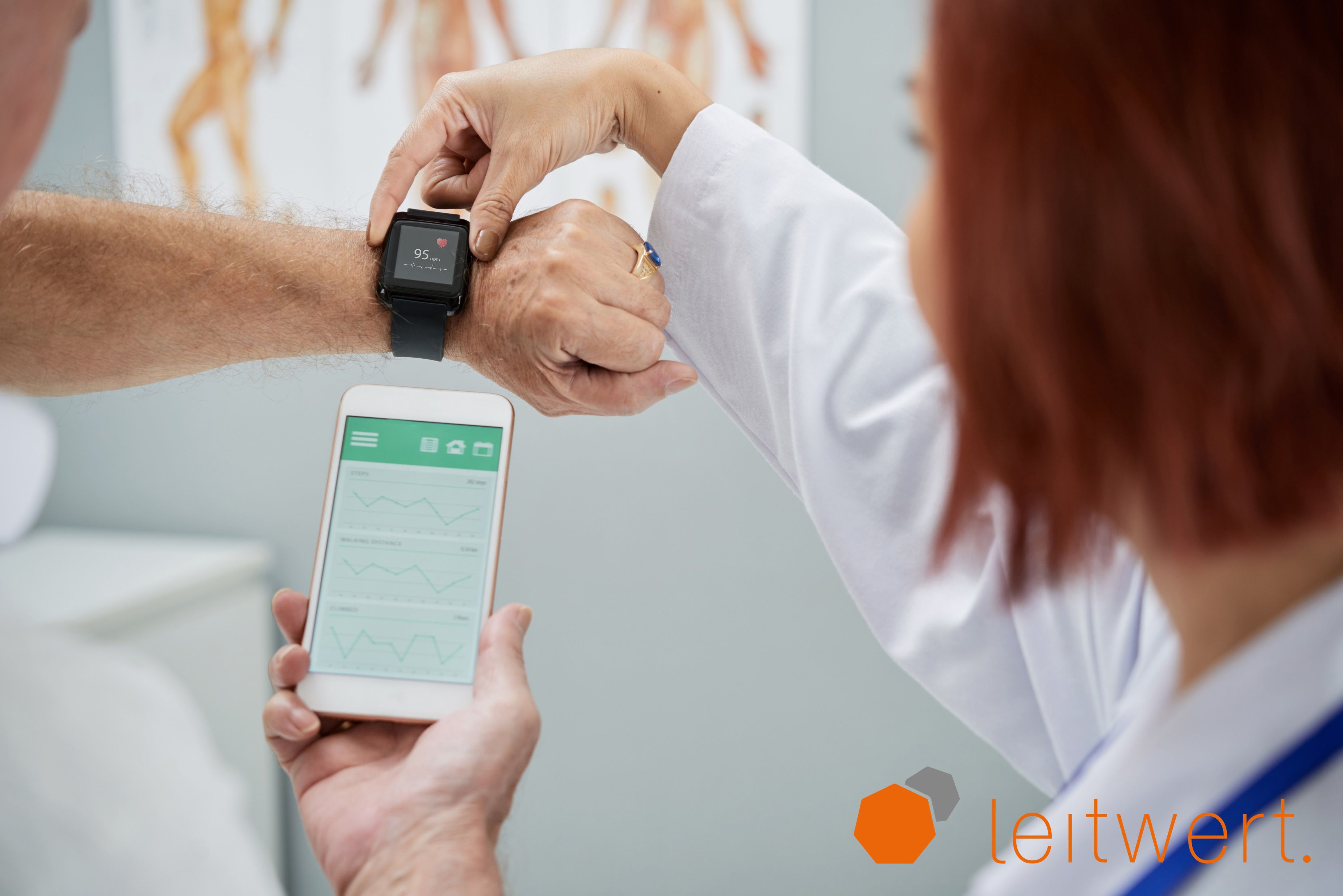
Wearable Leitwert sensor in use. Image credit: Leitwert
Founding team: Lukas Gasser (CFO), Miro Käch (CEO)
Lighthouse Tech
Morbio Inferiore, founded in 2020 - Glasses for the visually impaired
Lighthouse Tech has launched LTH01, smart eyewear glasses that enable blind and visually impaired people to navigate safely. Front-facing sensors scan the environment and alert the user of obstacles using a soft haptic vibration. The startup is incubated in the USI Startup Center at the Università della Svizzera Italiana (USI) in Lugano and is in the process of closing its seed funding. In January, it featured LTH01 at the Consumer Electronics Show (CES) in Las Vegas and was a finalist at the Innovation World Cup Wearable Tech in Munich. It is the only Swiss startup in the “MassChallenge U.S. Early-stage Program 2023” cohort and one of the 12 finalists in the Toyota Mobility Foundation competition, being the only startup from Europe.
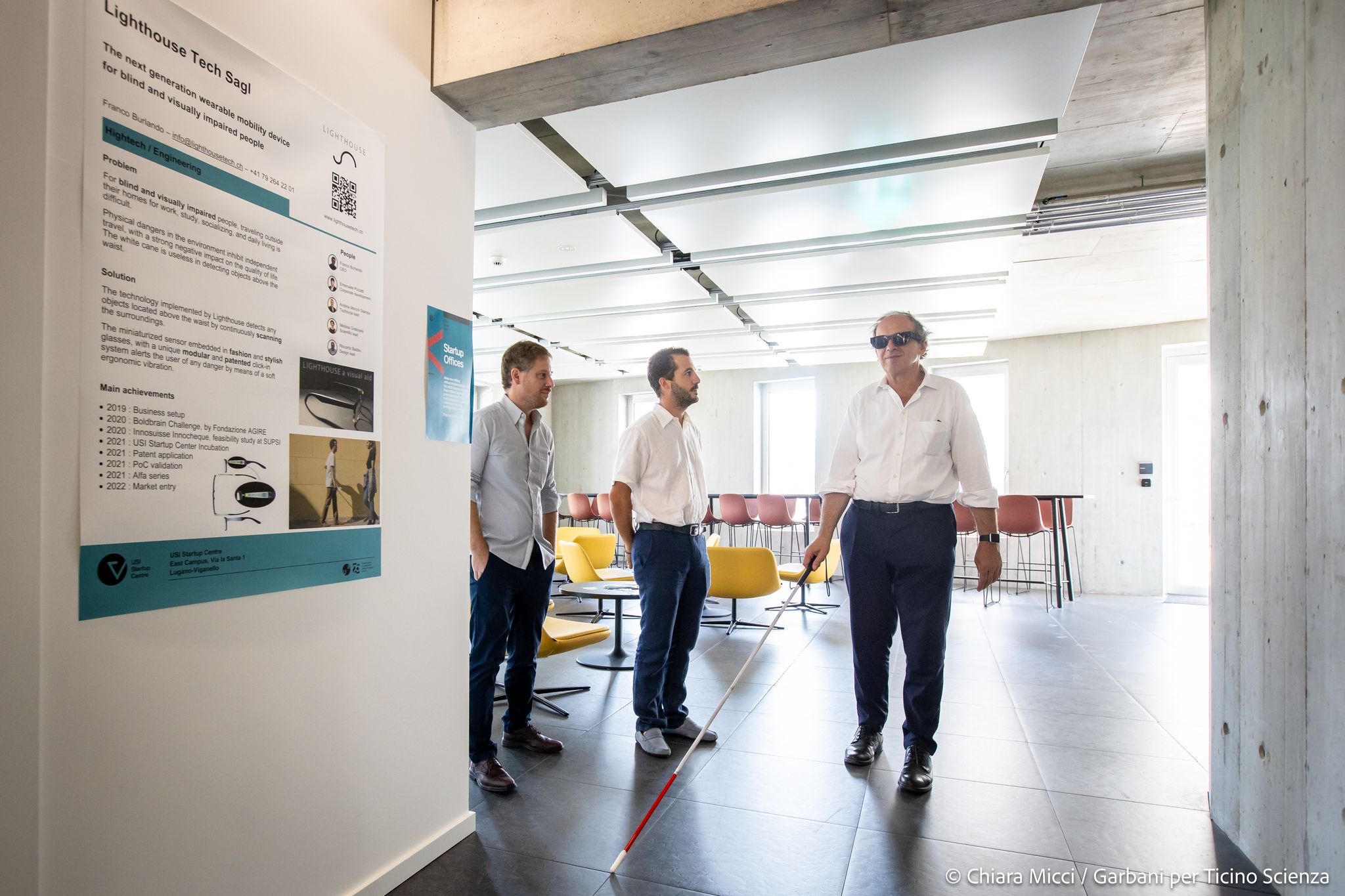
LTH01 in the test. Image credit: Chiara Micci/Lighthouse Tech
Founding team: Franco Burlando (CEO), Nathan Deutsch (COO), Andrea Moroni Stampa (CTO)
Nostic Solutions
Freienbach, founded in 2019 - X-ray diagnostics with AI
Nostic facilitates dental X-ray diagnostics. The startup's image analysis solutions, like a car's digital lane departure warning system, use artificial intelligence. Preventive treatments can be prescribed by helping to highlight problems at an early stage. The Nostic.Caries is a CE-certified medical device that can be integrated into practice software or used via a web browser. The startup already has access to around 22,000 dental practices in the DACH region through partnerships with integrators. The company is currently working on further international expansion. Nostic cooperates with the University of Applied Sciences Northwestern Switzerland FHNW for its development.
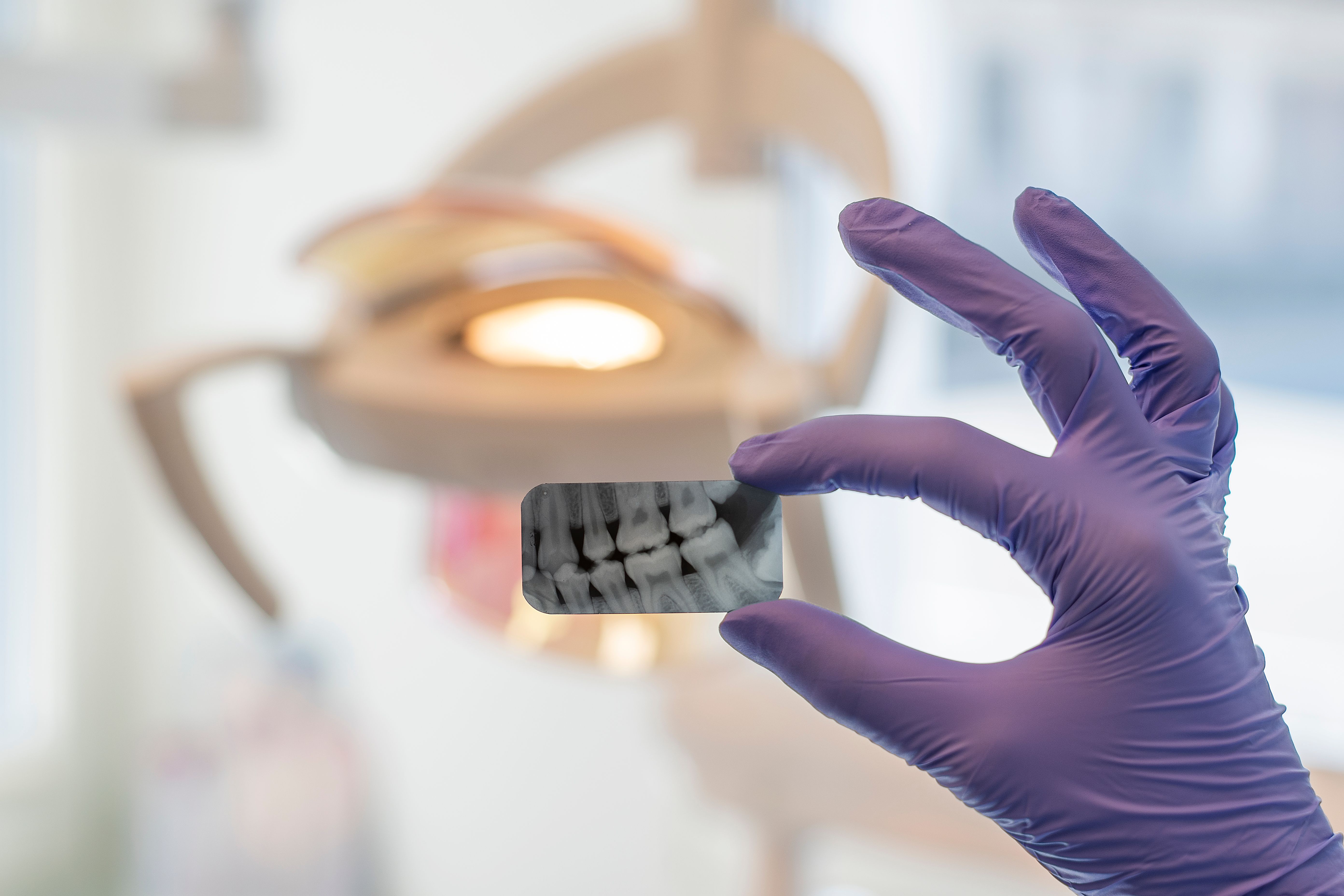
Nostic's solutions. Image credit: Nostic
Founding team: Adrian Lussi, Jonas Lussi (CTO), Lisa Kropf (COO), Tobias Minder (CEO)
OneTwenty
Zurich, Founded in 2022 - Digital twin for people with diabetes
OneTwenty facilitates treatment for people with diabetes. Its solutions include the automation of insulin pumps and highly precise blood glucose prediction. In addition, OneTwenty's algorithms can vastly improve the accuracy of continuous blood glucose monitors. The startup has already launched pilot projects with pump manufacturers and sensor producers and has concluded its first licensing agreements. Collaborations with Swiss universities are set to start before the end of 2023.

OneTwenty user. Image credit: OneTwenty
Founding team: Michael Rottmann (CEO), Dr. med. Julian Stiels (CTO)
QUMEA
Solothurn, founded in 2019 - A mobility monitoring system
QUMEA has developed a smart early warning system for patients’ rooms. The system contains a 3D radar sensor that detects subtle human movements. These are then analyzed for movement patterns by artificial intelligence. The award-winning system notifies caregivers when help is needed. According to QUMEA, these real-time alerts save caregivers valuable time and can reduce falls by an average of 63 percent. Every time a fall is successfully prevented, the needed care is reduced. Combined with fewer routine checks, the burden on caregivers is about 20 percent lower than without the system. QUMEA is already being used successfully in over 60 facilities in Switzerland, Germany, Sweden, and Finland.
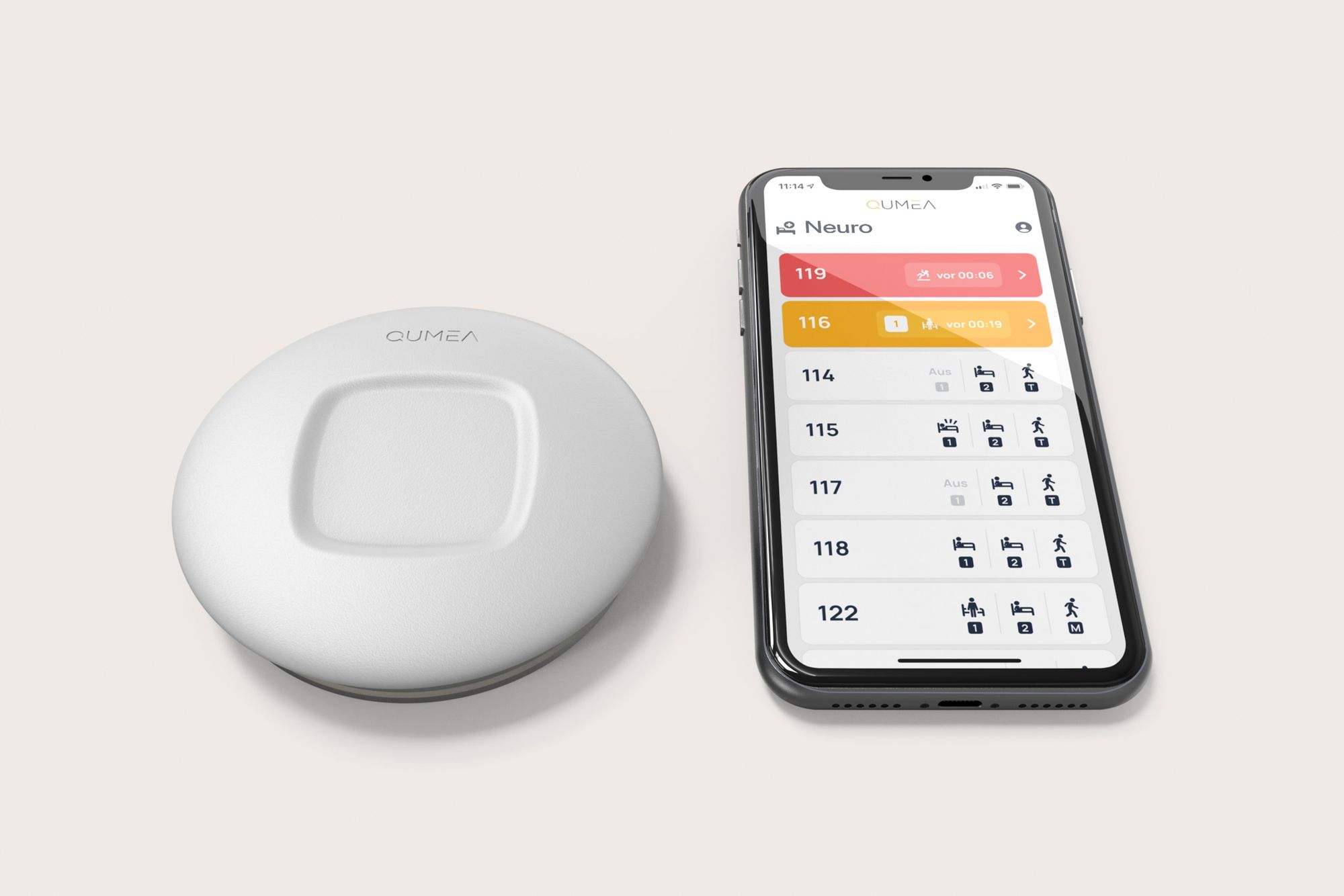
QUMEA App. Image credit: QUMEA
Founding team: Ido Gershoni (CPO), Cyrill Gyger (CEO), David Meier (COO)
Scewo
Winterthur, founded in 2017 - Stair climbing power wheelchair
Scewo’s two-wheeled power wheelchair can help disabled people overcome steps, traverse forest tracks, and talk at eye level. The BRO model was originally based on a project at ETH Zurich and the Zurich University of the Arts (ZHdK). Around 120 wheelchairs are currently used in the DACH area and the Netherlands. Among other things, Scewo is the winner of the Medtech Award 2021. Scewo received 11.5 million Swiss francs from investors such as Verve Ventures in a funding round in 2021. The focus for expansion is on Europe and America.
Scewo wheelchair in action. Image credit: Scewo
Founding team: Pascal Buholzer, Thomas Gemperle, Bernhard Winter (CEO)
Related news
Meet with an expansion expert
Our services are free of charge and include:
- Introduction to key contacts in industry, academia, and government
- Advice on regulatory framework, taxes, labor, market, and setting up a company
- Custom-made fact-finding visits, including office and co-working space
